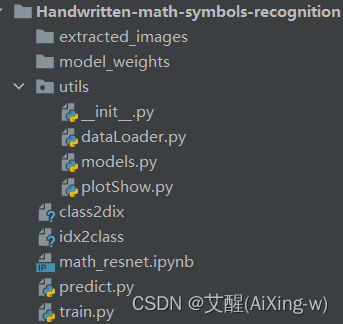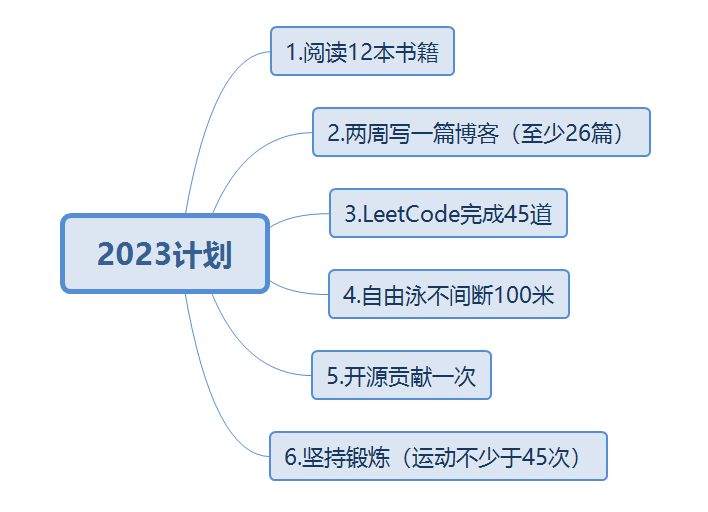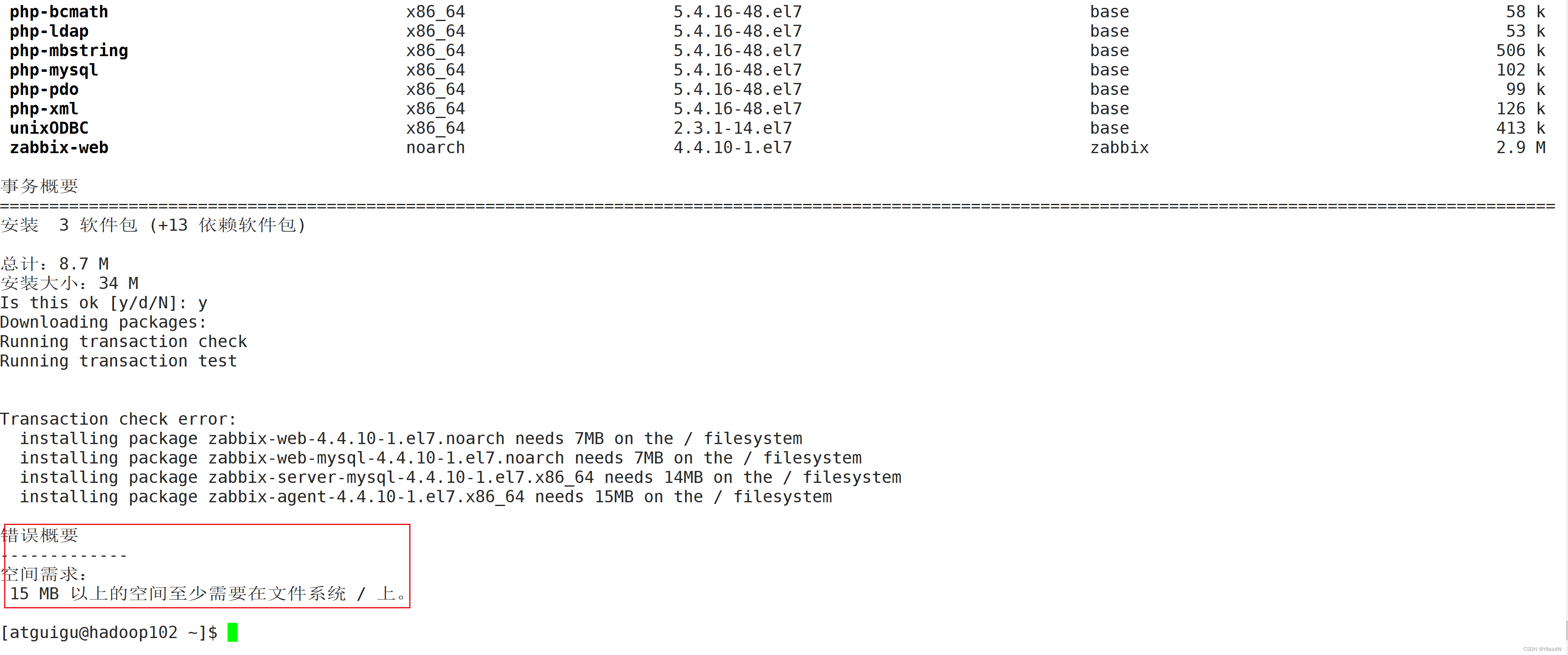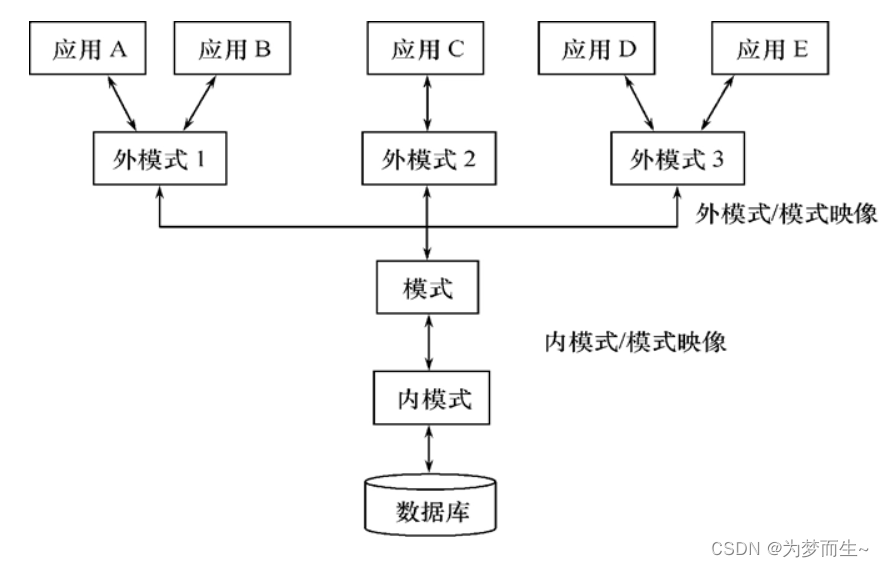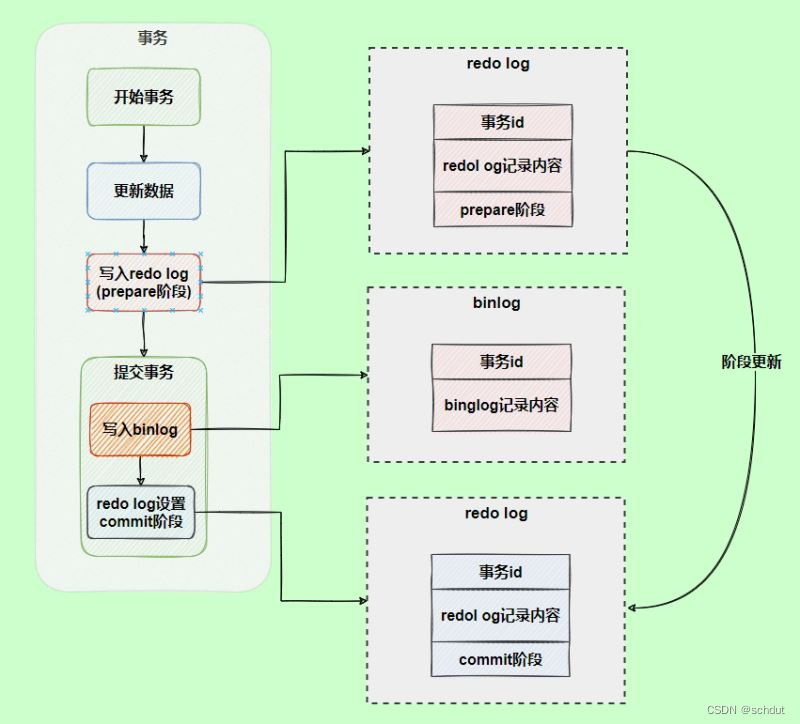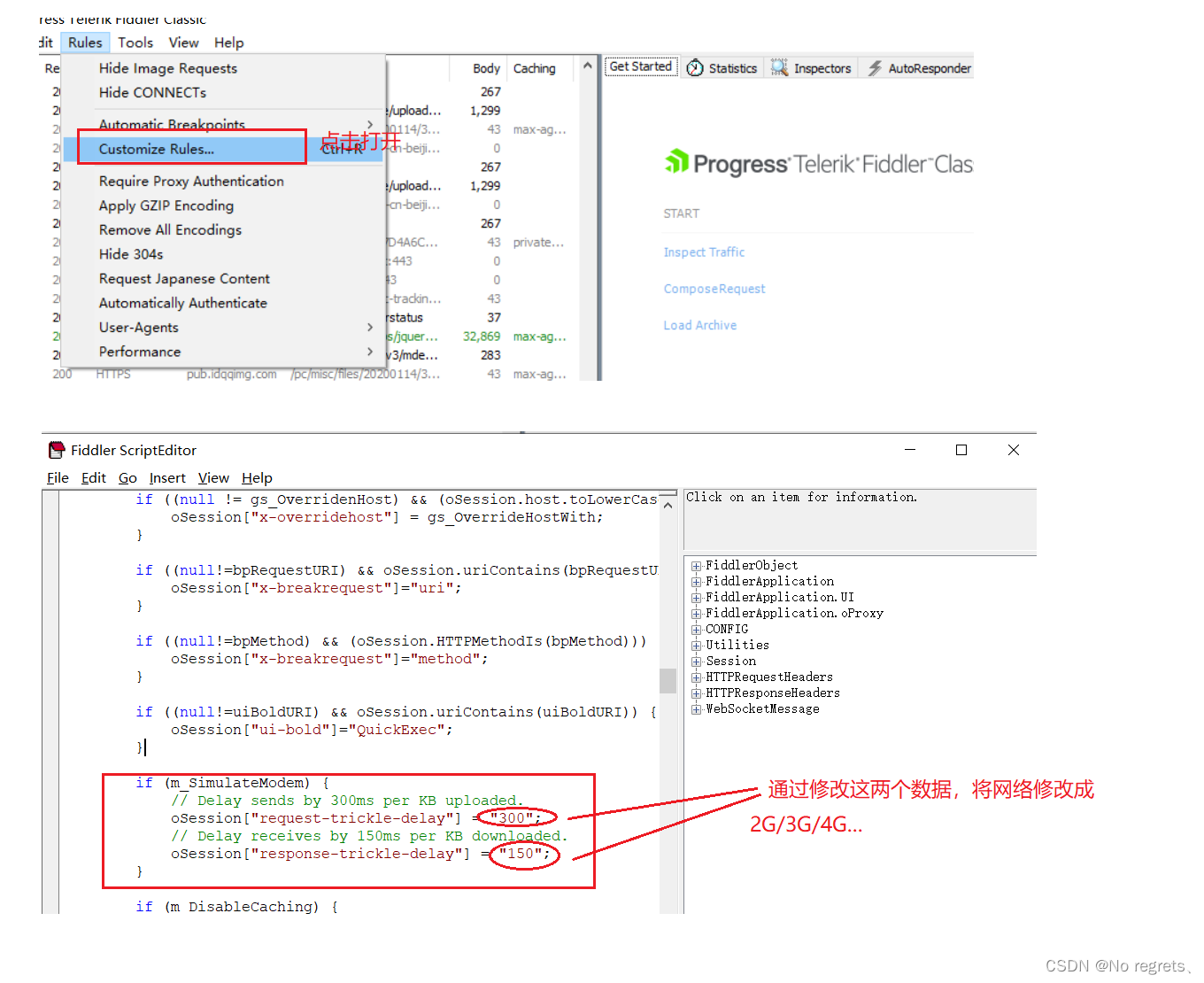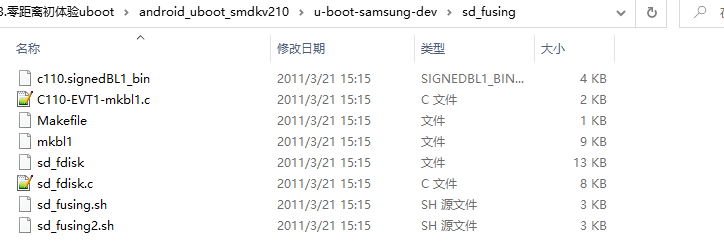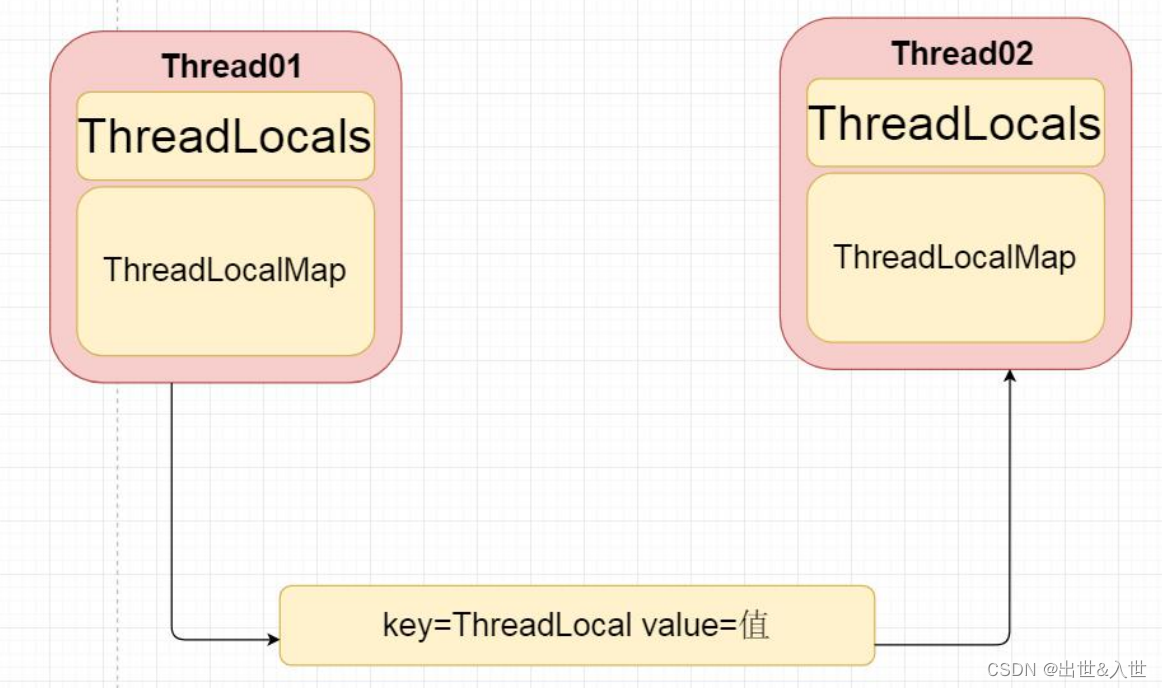目录
1 适用场景
2 内核函数
2.1 休眠函数
2.2 唤醒函数
3 驱动框架
4 编程
4.1 gpio_key_drv.c
4.3 Makefile
1 适用场景
在前面引入中断时,我们曾经举过一个例子: 
妈妈怎么知道卧室里小孩醒了?
休眠-唤醒:进去房间陪小孩一起睡觉,小孩醒了会吵醒她 不累,但是妈妈干不了活了
当应用程序必须等待某个事件发生,比如必须等待按键被按下时,可以使用“休眠-唤醒”机制:
- APP 调用 read 等函数试图读取数据,比如读取按键;
- APP 进入内核态,也就是调用驱动中的对应函数,发现有数据则复制到用户空间并马上返回;
- 如果 APP 在内核态,也就是在驱动程序中发现没有数据,则 APP 休眠;
- 当有数据时,比如当按下按键时,驱动程序的中断服务程序被调用,它会记录数据、唤醒 APP;
- APP 继续运行它的内核态代码,也就是驱动程序中的函数,复制数据到用户空间并马上返回。
驱动中有数据时,下图中红线就是 APP1 的执行过程,涉及用户态、内核态:

驱动中没有数据时,APP1 在内核态执行到 drv_read 时会休眠。所谓休眠就是把自己的状态改为非 RUNNING,这样内核的调度器就不会让它运行。当按下按键,驱动程序中的中断服务程序被调用,它会记录数据,并唤醒 APP1。所以唤醒就是把程序的状态改为 RUNNING,这样内核的调度器有合适的时间就会让它运行。当 APP1 再次运行时,就会继续执行 drv_read 中剩下的代码,把数据复制回用户空间,返回用户空间。APP1 的执行过程如下图的红色实线所示,它被分成了 2段:
值得注意的是,上面 2 个图中红线部分都属于 APP1 的“上下文”,或者这样说:红线所涉及的代码,都是 APP1 调用的。但是按键的中断服务程序,不属于APP1 的“上下文”,这是突如其来的,当中断发生时,APP1 正在休眠呢。
在 APP1 的“上下文”,也就是在 APP1 的执行过程中,它是可以休眠的。
在中断的处理过程中,也就是 gpio_key_irq 的执行过程中,它不能休眠:“中断”怎么能休眠?“中断”休眠了,谁来调度其他 APP 啊?
所以,请记住:在中断处理函数中,不能休眠,也就不能调用会导致休眠的函数。
2 内核函数
2.1 休眠函数
参考内核源码:include\linux\wait.h。 
比较重要的参数就是:
wq:waitqueue,等待队列 休眠时除了把程序状态改为非 RUNNING 之外,还要把进程/进程放入wq 中,以后中断服务程序要从 wq 中把它取出来唤醒。 没有 wq 的话,茫茫人海中,中断服务程序去哪里找到你?
condition :这可以是一个变量,也可以是任何表达式。表示“一直等待,直到 condition
为真”。
2.2 唤醒函数
参考内核源码:include\linux\wait.h。 
3 驱动框架
驱动框架如下:
要休眠的线程,放在 wq 队列里,中断处理函数从 wq 队列里把它取出来唤醒。
所以,我们要做这几件事:
- 初始化 wq 队列
- 在驱动的 read 函数中,调用 wait_event_interruptible: 它本身会判断 event 是否为 FALSE,如果为 FASLE 表示无数据,则休眠。 当从 wait_event_interruptible 返回后,把数据复制回用户空间。
- 在中断服务程序里: 设置 event 为 TRUE,并调用 wake_up_interruptible 唤醒线程。
4 编程
4.1 gpio_key_drv.c
#include <linux/module.h>
#include <linux/fs.h>
#include <linux/errno.h>
#include <linux/miscdevice.h>
#include <linux/kernel.h>
#include <linux/major.h>
#include <linux/mutex.h>
#include <linux/proc_fs.h>
#include <linux/seq_file.h>
#include <linux/stat.h>
#include <linux/init.h>
#include <linux/device.h>
#include <linux/tty.h>
#include <linux/kmod.h>
#include <linux/gfp.h>
#include <linux/gpio/consumer.h>
#include <linux/platform_device.h>
#include <linux/of_gpio.h>
#include <linux/of_irq.h>
#include <linux/interrupt.h>
#include <linux/irq.h>
#include <linux/slab.h>
struct gpio_key{
int gpio;
struct gpio_desc *gpiod;
int flag;
int irq;
} ;
static struct gpio_key *gpio_keys_100ask;
/* 主设备号 */
static int major = 0;
static struct class *gpio_key_class;
static int g_key = 0;
static DECLARE_WAIT_QUEUE_HEAD(gpio_key_wait);
/* 实现对应的open/read/write等函数,填入file_operations结构体 */
static ssize_t gpio_key_drv_read (struct file *file, char __user *buf, size_t size, loff_t *offset)
{
//printk("%s %s line %d\n", __FILE__, __FUNCTION__, __LINE__);
int err;
wait_event_interruptible(gpio_key_wait, g_key);
err = copy_to_user(buf, &g_key, 4);
g_key = 0;
return 4;
}
/* 定义自己的file_operations结构体 */
static struct file_operations gpio_key_drv = {
.owner = THIS_MODULE,
.read = gpio_key_drv_read,
};
static irqreturn_t gpio_key_isr(int irq, void *dev_id)
{
struct gpio_key *gpio_key = dev_id;
int val;
val = gpiod_get_value(gpio_key->gpiod);
printk("key %d %d\n", gpio_key->gpio, val);
g_key = (gpio_key->gpio << 8) | val;
wake_up_interruptible(&gpio_key_wait);
return IRQ_HANDLED;
}
/* 1. 从platform_device获得GPIO
* 2. gpio=>irq
* 3. request_irq
*/
static int gpio_key_probe(struct platform_device *pdev)
{
int err;
struct device_node *node = pdev->dev.of_node;
int count;
int i;
enum of_gpio_flags flag;
printk("%s %s line %d\n", __FILE__, __FUNCTION__, __LINE__);
count = of_gpio_count(node);
if (!count)
{
printk("%s %s line %d, there isn't any gpio available\n", __FILE__, __FUNCTION__, __LINE__);
return -1;
}
gpio_keys_100ask = kzalloc(sizeof(struct gpio_key) * count, GFP_KERNEL);
for (i = 0; i < count; i++)
{
gpio_keys_100ask[i].gpio = of_get_gpio_flags(node, i, &flag);
if (gpio_keys_100ask[i].gpio < 0)
{
printk("%s %s line %d, of_get_gpio_flags fail\n", __FILE__, __FUNCTION__, __LINE__);
return -1;
}
gpio_keys_100ask[i].gpiod = gpio_to_desc(gpio_keys_100ask[i].gpio);
gpio_keys_100ask[i].flag = flag & OF_GPIO_ACTIVE_LOW;
gpio_keys_100ask[i].irq = gpio_to_irq(gpio_keys_100ask[i].gpio);
}
for (i = 0; i < count; i++)
{
err = request_irq(gpio_keys_100ask[i].irq, gpio_key_isr, IRQF_TRIGGER_RISING | IRQF_TRIGGER_FALLING, "100ask_gpio_key", &gpio_keys_100ask[i]);
}
/* 注册file_operations */
major = register_chrdev(0, "100ask_gpio_key", &gpio_key_drv); /* /dev/100ask_gpio_key */
gpio_key_class = class_create(THIS_MODULE, "100ask_gpio_key_class");
if (IS_ERR(gpio_key_class)) {
printk("%s %s line %d\n", __FILE__, __FUNCTION__, __LINE__);
unregister_chrdev(major, "100ask_gpio_key");
return PTR_ERR(gpio_key_class);
}
device_create(gpio_key_class, NULL, MKDEV(major, 0), NULL, "100ask_gpio_key"); /* /dev/100ask_gpio_key */
return 0;
}
static int gpio_key_remove(struct platform_device *pdev)
{
//int err;
struct device_node *node = pdev->dev.of_node;
int count;
int i;
device_destroy(gpio_key_class, MKDEV(major, 0));
class_destroy(gpio_key_class);
unregister_chrdev(major, "100ask_gpio_key");
count = of_gpio_count(node);
for (i = 0; i < count; i++)
{
free_irq(gpio_keys_100ask[i].irq, &gpio_keys_100ask[i]);
}
kfree(gpio_keys_100ask);
return 0;
}
static const struct of_device_id ask100_keys[] = {
{ .compatible = "100ask,gpio_key" },
{ },
};
/* 1. 定义platform_driver */
static struct platform_driver gpio_keys_driver = {
.probe = gpio_key_probe,
.remove = gpio_key_remove,
.driver = {
.name = "100ask_gpio_key",
.of_match_table = ask100_keys,
},
};
/* 2. 在入口函数注册platform_driver */
static int __init gpio_key_init(void)
{
int err;
printk("%s %s line %d\n", __FILE__, __FUNCTION__, __LINE__);
err = platform_driver_register(&gpio_keys_driver);
return err;
}
/* 3. 有入口函数就应该有出口函数:卸载驱动程序时,就会去调用这个出口函数
* 卸载platform_driver
*/
static void __exit gpio_key_exit(void)
{
printk("%s %s line %d\n", __FILE__, __FUNCTION__, __LINE__);
platform_driver_unregister(&gpio_keys_driver);
}
/* 7. 其他完善:提供设备信息,自动创建设备节点 */
module_init(gpio_key_init);
module_exit(gpio_key_exit);
MODULE_LICENSE("GPL");
4.2 button_test.c
#include <sys/types.h>
#include <sys/stat.h>
#include <fcntl.h>
#include <unistd.h>
#include <stdio.h>
#include <string.h>
/*
* ./button_test /dev/100ask_button0
*
*/
int main(int argc, char **argv)
{
int fd;
int val;
/* 1. 判断参数 */
if (argc != 2)
{
printf("Usage: %s <dev>\n", argv[0]);
return -1;
}
/* 2. 打开文件 */
fd = open(argv[1], O_RDWR);
if (fd == -1)
{
printf("can not open file %s\n", argv[1]);
return -1;
}
while (1)
{
/* 3. 读文件 */
read(fd, &val, 4);
printf("get button : 0x%x\n", val);
}
close(fd);
return 0;
}
4.3 Makefile
# 1. 使用不同的开发板内核时, 一定要修改KERN_DIR
# 2. KERN_DIR中的内核要事先配置、编译, 为了能编译内核, 要先设置下列环境变量:
# 2.1 ARCH, 比如: export ARCH=arm64
# 2.2 CROSS_COMPILE, 比如: export CROSS_COMPILE=aarch64-linux-gnu-
# 2.3 PATH, 比如: export PATH=$PATH:/home/book/100ask_roc-rk3399-pc/ToolChain-6.3.1/gcc-linaro-6.3.1-2017.05-x86_64_aarch64-linux-gnu/bin
# 注意: 不同的开发板不同的编译器上述3个环境变量不一定相同,
# 请参考各开发板的高级用户使用手册
KERN_DIR = # 板子所用内核源码的目录
all:
make -C $(KERN_DIR) M=`pwd` modules
clean:
make -C $(KERN_DIR) M=`pwd` modules clean
rm -rf modules.order
# 参考内核源码drivers/char/ipmi/Makefile
# 要想把a.c, b.c编译成ab.ko, 可以这样指定:
# ab-y := a.o b.o
# obj-m += ab.o
obj-m += gpio_key_drv.o
